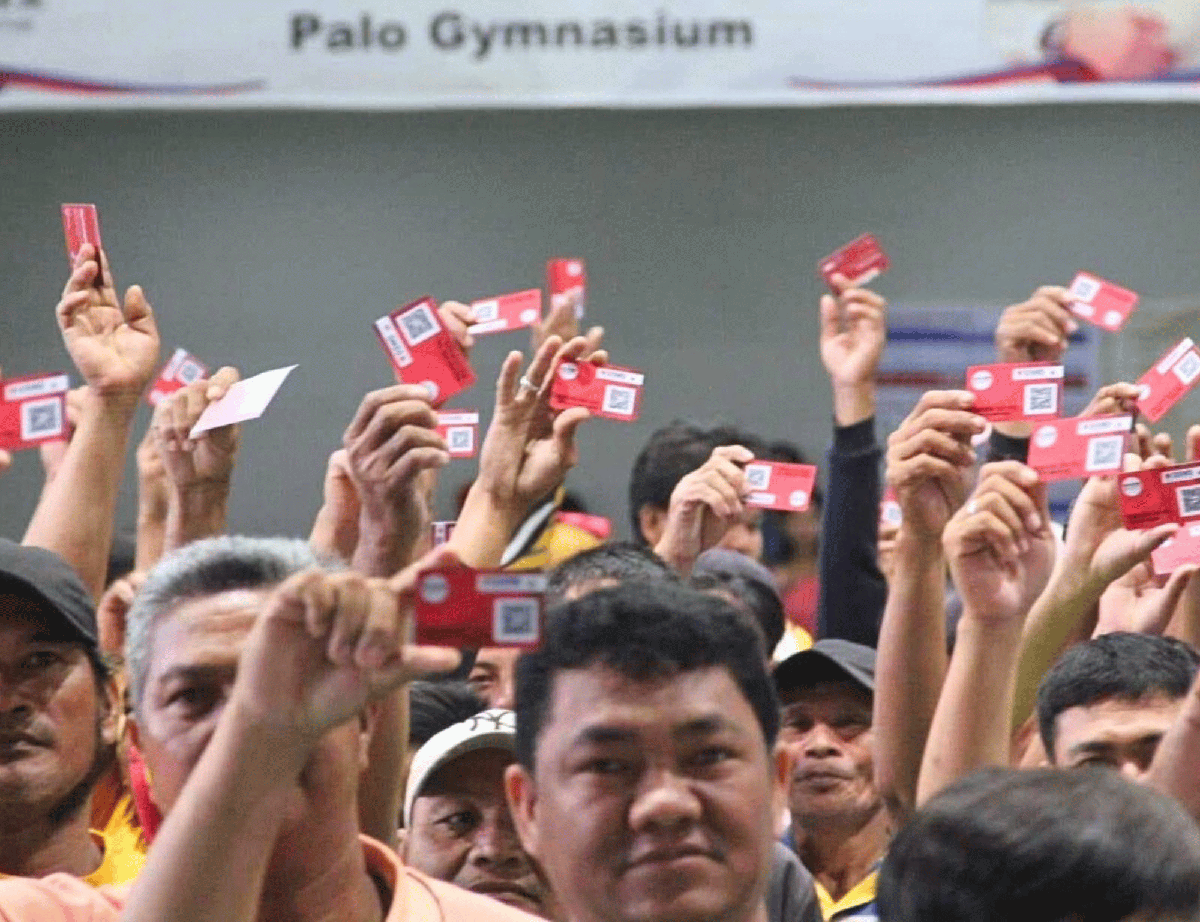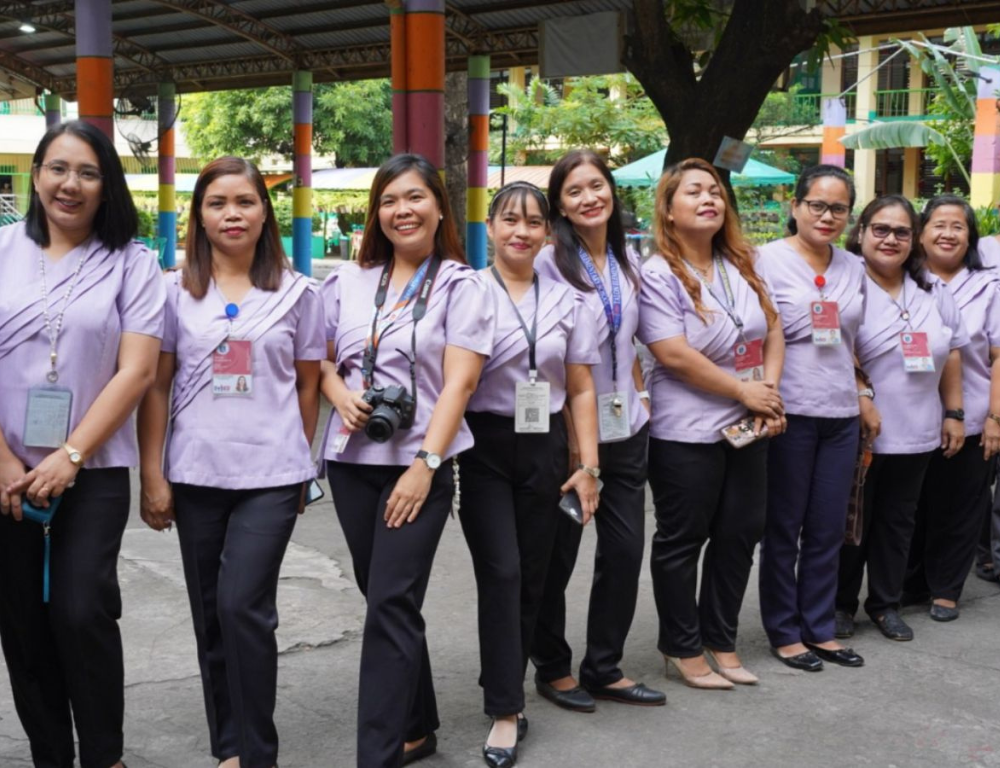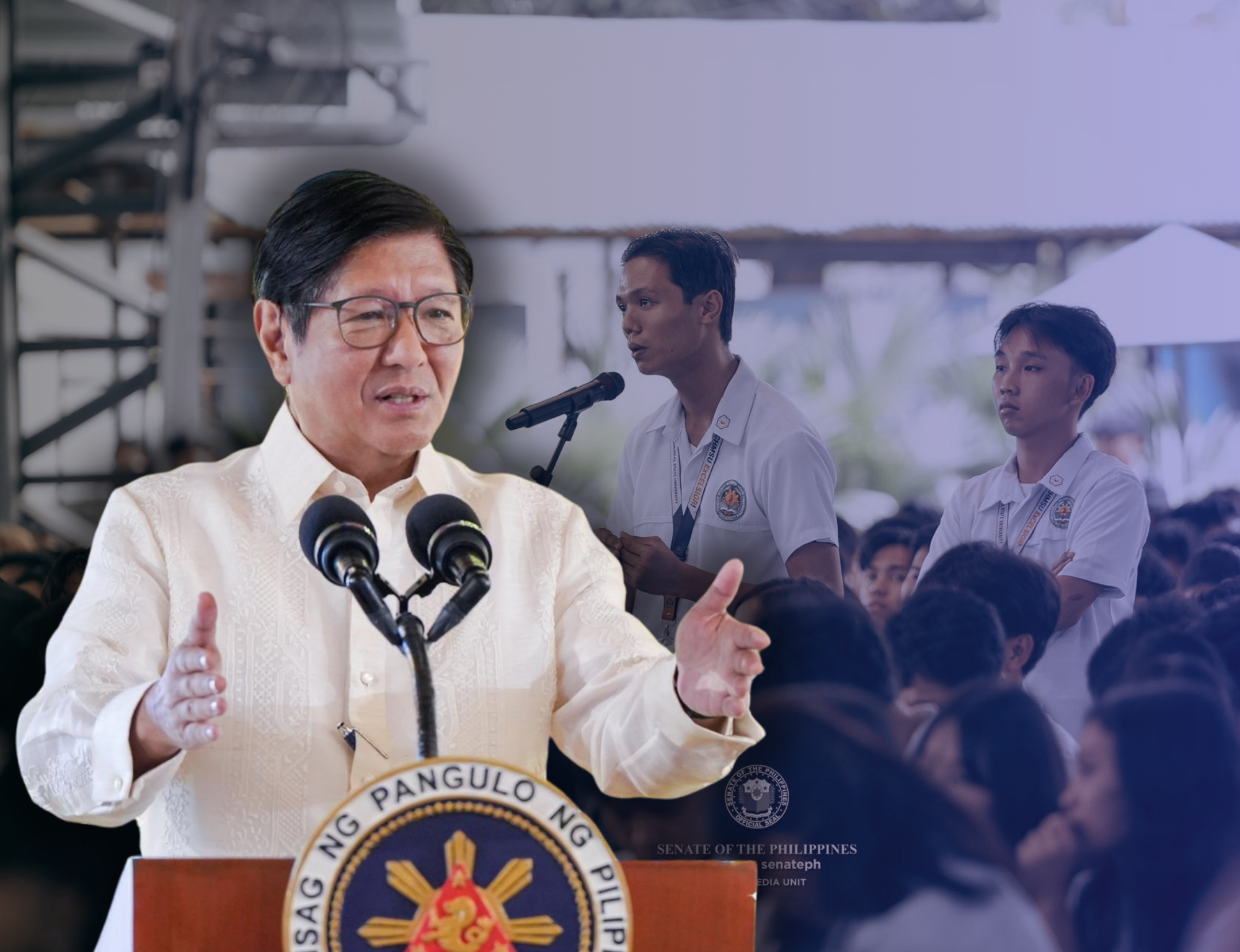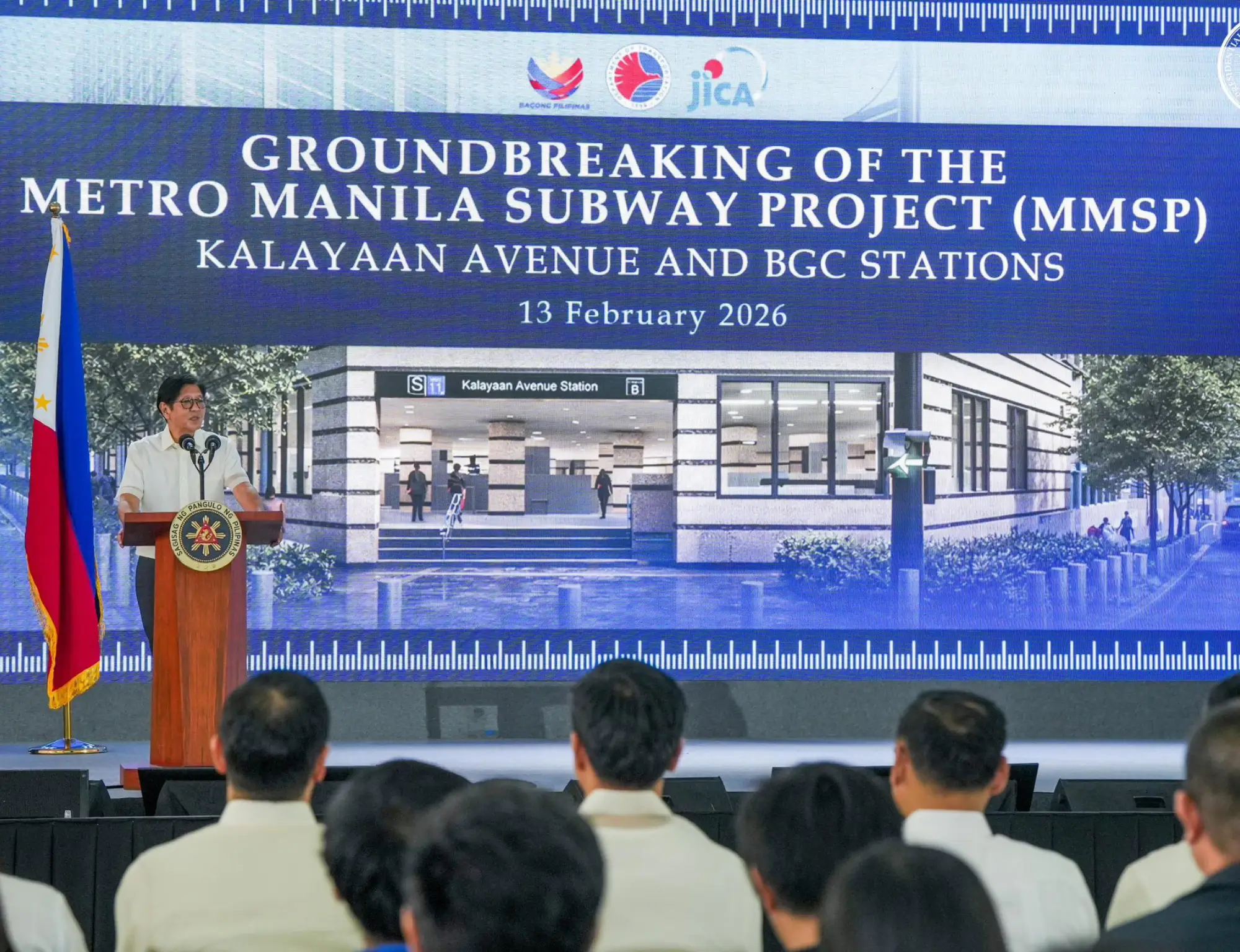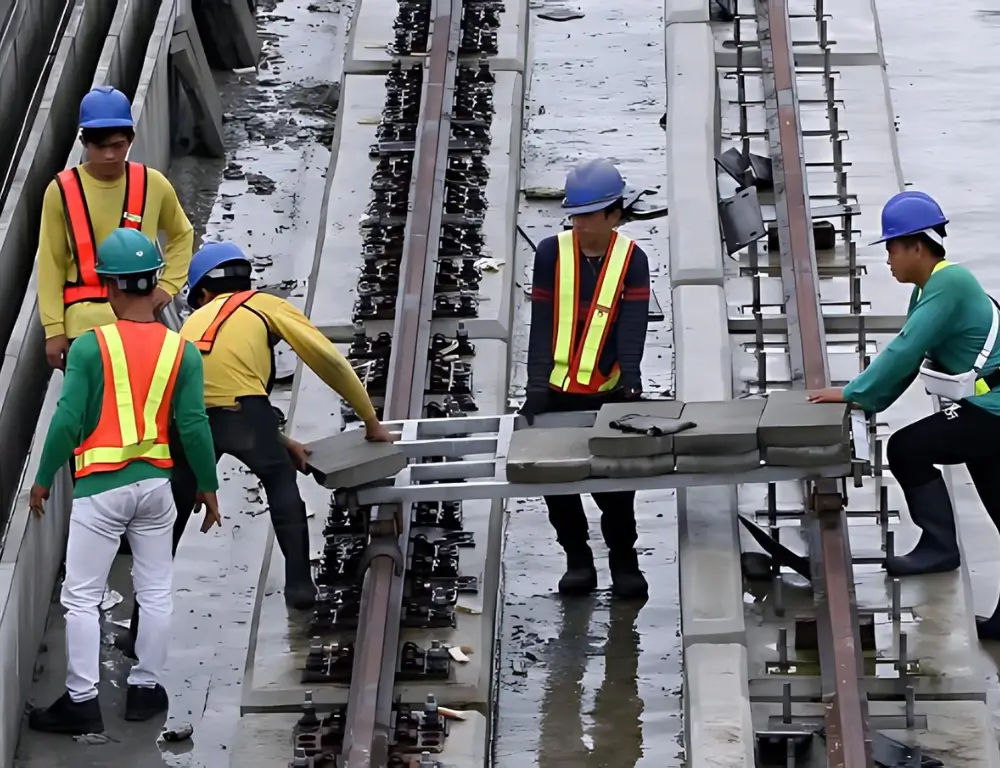
The government must intensify efforts to enhance climate resilience and improve workforce agility to future-proof the country’s labor market. This call comes in light of the softer labor market conditions observed in July 2025, largely due to economic disruptions caused by a series of extreme weather events, according to the Department of Economy, Planning, and Development (DEPDev).
Based on the latest Labor Force Survey (LFS) of the Philippine Statistics Authority (PSA), unemployment rose to 5.3 percent, up from 4.7 percent in July 2024. The underemployment rate—representing individuals seeking additional working hours or better-quality jobs—also increased to 14.8 percent, compared to 12.1 percent in the same period last year.
The uptick in unemployment reflects job losses in sectors such as agriculture and forestry (-1.4 million), fishing and aquaculture (-173,000), and wholesale and retail (-897,000). These declines may be attributed to adverse weather conditions due to multiple tropical cyclones and an intensified southwest monsoon, which led to widespread flooding, landslides, and other disruptions. These events halted economic activity and business operations across large parts of the country—particularly in Luzon, where a series of class and work suspensions were implemented due to displacement, inaccessible workplaces, and safety concerns.
DEPDev Secretary Arsenio M. Balisacan stressed that in response to the decline in agricultural employment, government policies must focus on boosting productivity and resilience in the sector through modernized production methods, climate-smart practices, and stronger market linkages.
“This must be complemented by expanded rural infrastructure, improved digital connectivity, and increased access to training opportunities,” the country’s chief economist added.
In addition, the government is accelerating the implementation of the Trabaho Para sa Bayan Plan, the country’s first 10-year labor market masterplan. Balisacan emphasized that effective execution of the plan hinges on enabling investments in high-value sectors, aligning training and reskilling programs with emerging industry demands, and promoting flexible yet secure work arrangements.
“The latest employment figures underscore the urgency of modernizing our economic sectors to withstand disruptions, whether from climate change or technological shifts. We are also fully committed to enhancing employability, expanding labor market programs, and collaborating with key stakeholders to future-proof the Filipino workforce,” Balisacan said.
Balisacan also highlighted the importance of reducing the school-to-work transition period and enhancing youth employability. He said expanding youth employment programs, such as the Government Internship Program, JobStart, and the Special Program for Employment of Students, is essential to equipping young Filipinos with the skills needed to thrive in today’s workplace.
“The Marcos administration remains focused on addressing job-skills mismatch and preparing the workforce for the demands of a rapidly evolving economic environment,” Balisacan said.






